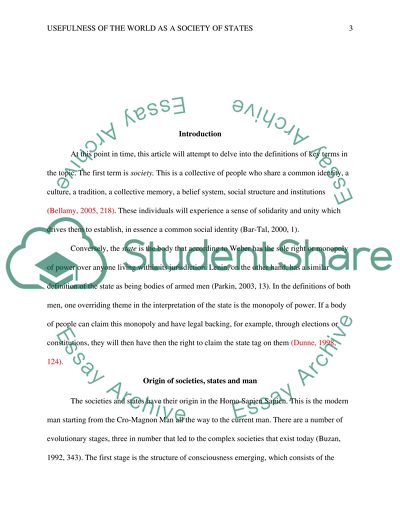Cite this document
(“How Useful is it to See the World as a Society of States Essay”, n.d.)
How Useful is it to See the World as a Society of States Essay. Retrieved from https://studentshare.org/history/1455732-how-useful-is-it-to-see-the-world-as-a-society-of
How Useful is it to See the World as a Society of States Essay. Retrieved from https://studentshare.org/history/1455732-how-useful-is-it-to-see-the-world-as-a-society-of
(How Useful Is It to See the World As a Society of States Essay)
How Useful Is It to See the World As a Society of States Essay. https://studentshare.org/history/1455732-how-useful-is-it-to-see-the-world-as-a-society-of.
How Useful Is It to See the World As a Society of States Essay. https://studentshare.org/history/1455732-how-useful-is-it-to-see-the-world-as-a-society-of.
“How Useful Is It to See the World As a Society of States Essay”, n.d. https://studentshare.org/history/1455732-how-useful-is-it-to-see-the-world-as-a-society-of.


